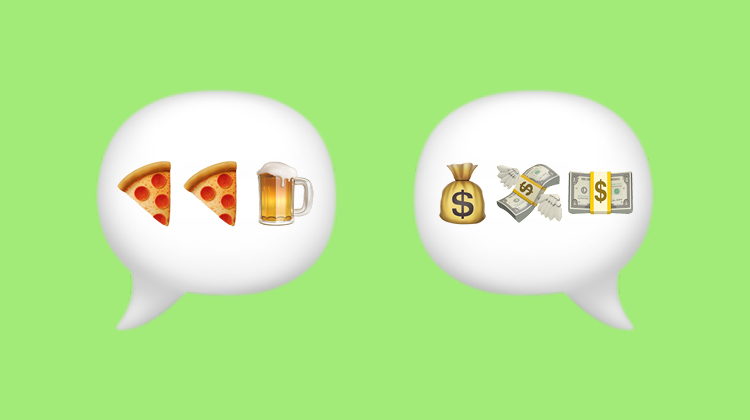Blockchain and Crypto
How Kik is banking on a crypto-based strategy
- Messenger app Kik is using its home-built cryptocurrency to scale
- While Kik has unique appeal among Generation Z users, challenges include how to reach a largely underbanked customer cohort and how to comply with Apple's rules that don't let cryptocurrency apps reward users for tasks








